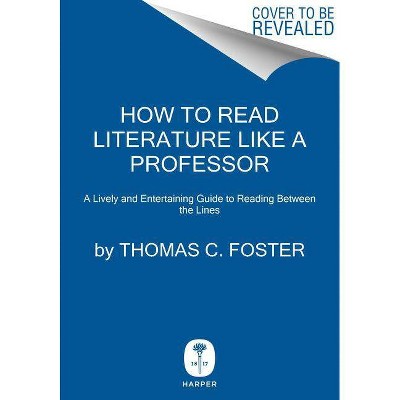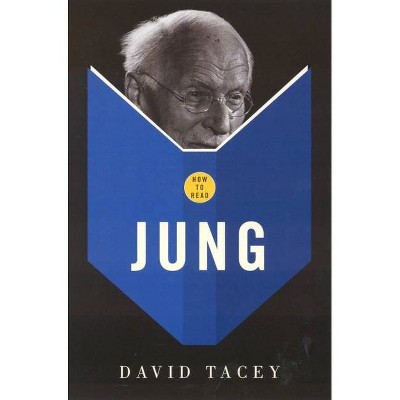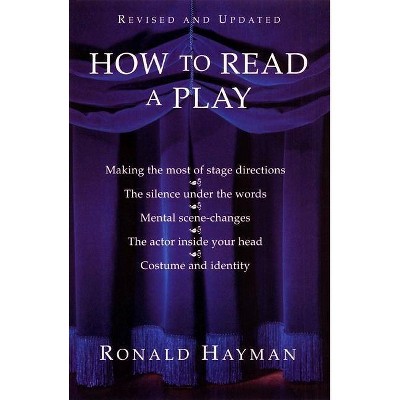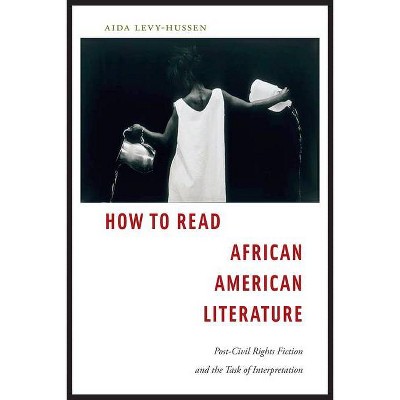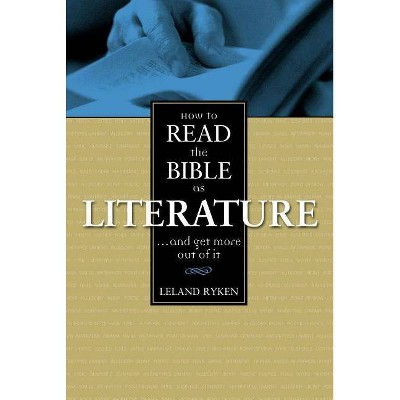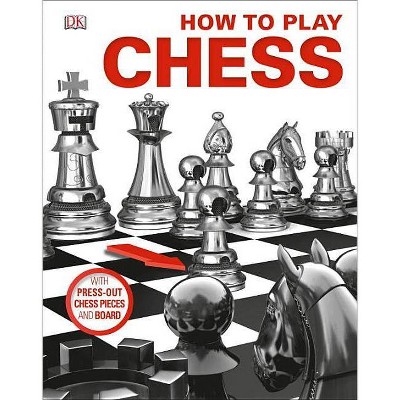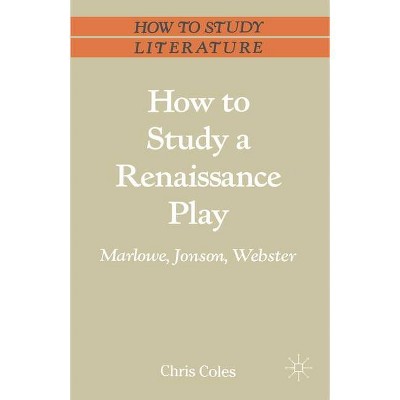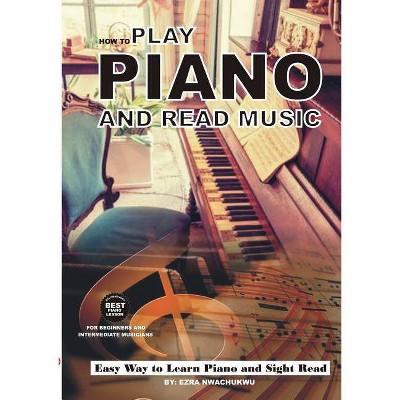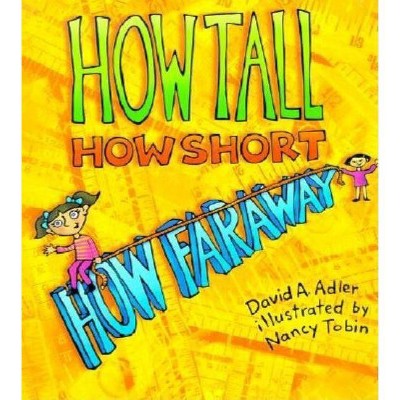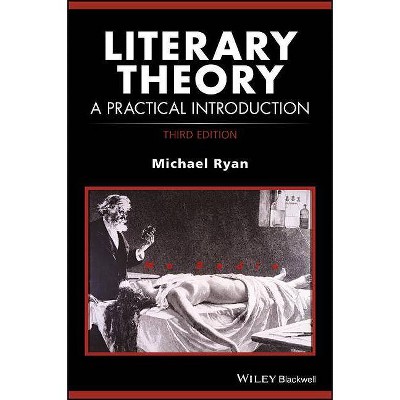How to Read a Shakespeare Play - (How to Study Literature) by David Bevington (Hardcover)
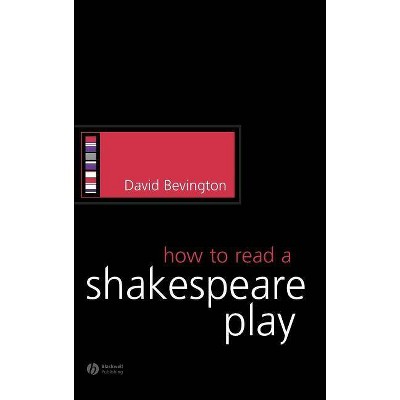
Similar Products
Products of same category from the store
AllProduct info
<p/><br></br><p><b> Book Synopsis </b></p></br></br>This clear and succinct book is designed for general readers who want to know how to go about reading Shakespeare's works for pleasure.<br /> <ul> <li>Encourages readers to approach Shakespeare's works aggressively, interactively, and questioningly<br /> </li> <li>Focuses on six popular Shakespeare plays - <i>A Midsummer Night's Dream, Romeo and Juliet, Henry IV Part I, Hamlet, King Lear</i> and The <i>Tempest</i><br /> </li> <li>Recommends the best editions, recordings and DVDs / videos of these plays<br /> </li> <li>Discusses the production of the plays on stage and screen<br /> </li> <li>Introduces readers to different genres in Shakespeare - romantic comedy, English history, tragedy and romance<br /> </li> <li>Avoids jargon and abstract literary theory</li> </ul><p/><br></br><p><b> From the Back Cover </b></p></br></br>How should we read Shakespeare plays? In this clear and succinct book author David Bevington, who has extensive experience of teaching Shakespeare to students, encourages readers to approach his works aggressively, interactively, and questioningly. Bevington suggests that readers think of themselves as armchair directors, deciding what the actors should wear, what social class they represent, why they are there, and, most importantly, what they are after.<br /> <p>Bevington's introduction incorporates fresh and incisive readings of a handful of popular Shakespeare plays: <i>A Midsummer Night's Dream, Romeo and Juliet, Henry IV Part I, Hamlet, King Lear</i> and <i>The Tempest.</i> Using these plays as examples, he demonstrates how Shakespeare worked his way forward by genres, focusing at first on romantic comedies and English history plays, and taking on the daunting assignment of writing tragedies only when he felt he was ready.</p><p/><br></br><p><b> Review Quotes </b></p></br></br><br>"The first chapter is a fabulous, full-frontal, thirteen-page assault that both dispenses information and suggests effective questions that student readers might employ when reading a text in order to 'read aggressively' (p. 9). What is mildly revolutionary is that it is here, in print, ready to be easily disseminated to students and thus to more easily and readily articulate the type of engagement with a text that we hope and expect our students will undertake. Bevington challenges his readers to think in historical, theatrical, and characterological terms. Bevington's list is instructive and at times brutally honest. Schools should consider investing heavily in this text for the benefit of their pupils; college or university-level students would also be aided by Bevington's straightforward, avuncular reading advice." (<i>Year's Work in English Studies</i>, 2008)<br><p/><br></br><p><b> About the Author </b></p></br></br><b>David Bevington</b> is Professor Emeritus at the University of Chicago. His recent publications include <i>Shakespeare: The Seven Ages of Human Experience</i> (second edition, 2005) and <i>Shakespeare: Script, Stage, Screen</i> (with Anne Marie Welsh and Michael L. Greenwald, 2006). He has also edited the Bantam Shakespeare in 29 volumes (currently being reedited), <i>The Complete Works of Shakespeare</i> (fifth edition, 2003), and a number of individual Shakespeare plays including <i>Antony and Cleopatra</i>, <i>Henry IV, Part I</i>, and <i>Troilus and Cressida</i>.
Price History
Price Archive shows prices from various stores, lets you see history and find the cheapest. There is no actual sale on the website. For all support, inquiry and suggestion messagescommunication@pricearchive.us
